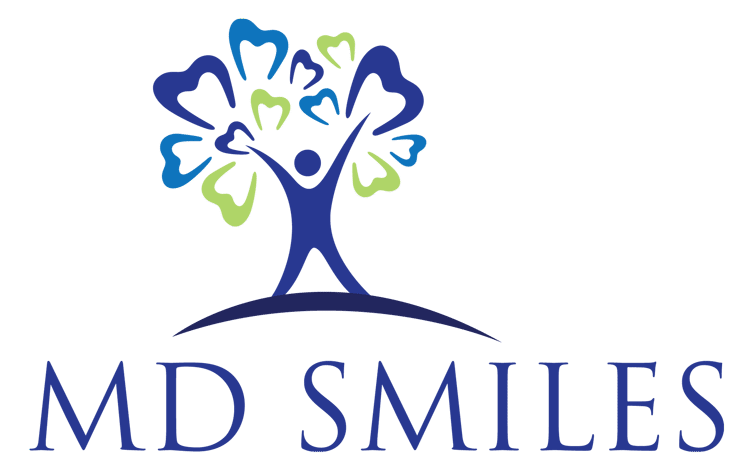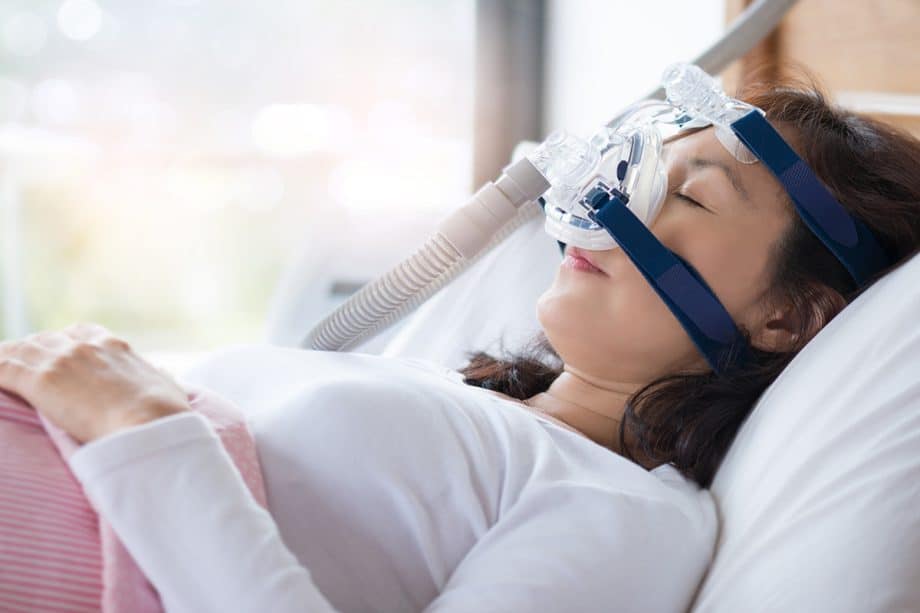Sleep apnea is a common sleep disorder that affects breathing during sleep. It can lead to a variety of health problems and result in a lower quality of life. The good news is that it is treatable and most sufferers are able to overcome it with some basic interventions.
Do you think you may have sleep apnea? It can be difficult to tell because the majority of the signs and symptoms occur while you’re asleep. Most people are unaware of it until someone close to them brings it to their attention. Here are some ways to tell if you have sleep apnea.
Common Signs and Symptoms of Sleep Apnea
If you have sleep apnea, you may experience or exhibit any of the following:
- Loud snoring. When you lay down to sleep your tongue slides back toward your throat and your throat tissues relax to partially block your airway. As you breathe in and out the air causes those tissues to vibrate, which creates the sound of snoring.
- Frequent snoring. Snoring is not always loud, but if you snore frequently when you sleep it often indicates that sleep apnea is present.
- Pauses in breathing while sleeping. Sleep apnea occurs when your airway becomes completely blocked and you stop breathing for seconds at a time. As your brain registers the lack of oxygen it will rouse you from sleep enough to change positions and resume breathing.
- Headaches. Lack of oxygen and poor quality sleep can lead to headaches, especially in the morning.
- Teeth grinding. Teeth grinding and sleep apnea often occur together because the jaw reacts to the lack of breathing by trying to open, which leads to teeth grinding.
- Dry mouth. Mouth breathing at night is a common cause of sleep apnea and results in dry mouth upon waking.
- Waking up out of breath. If you stop breathing in your sleep, you may wake up gasping for air as your body needs to recoup the lost oxygen.
- Waking frequently at night. If you wake up frequently throughout the night it could be a symptom of sleep apnea, which prevents you from entering the deep sleep cycles you need to stay asleep throughout the night.
- Feeling constantly tired. When your body and mind are prevented from achieving a deep level of sleep due to sleep apnea, your quality of sleep will be sub par, leaving you feeling tired.
- Lacking energy. Lack of quality sleep due to sleep apnea can mean you lack energy throughout the day.
Treatment for Sleep Apnea
Sleep apnea can be treated in a few different ways, beginning from the least invasive to the most invasive:
- Lifestyle changes. Losing weight, getting more exercise, and making an effort to sleep on your side can all improve your sleep apnea symptoms.
- Oral appliance. An oral appliance is a mouth piece you wear at night that positions your jaw in an ideal position to prevent your tongue from sliding back toward your throat and keeping your airway open.
- CPAP machine. A CPAP (Continuous Positive Airway Pressure) machine consists of a mask you wear over your mouth and nose that is connected to a machine that delivers a constant flow of air that keeps your airway open while you sleep.
- Surgery. Depending on the cause of your sleep apnea, there are a variety of surgical procedures that may help. Jaw surgery can reshape your jaw so that your tongue can sit against the roof of your mouth properly and avoid sliding back to block your airway. Surgery, such as removal of the tonsils and adenoids, can reduce the tissues in your throat to open up your airway.
Where To Go For Sleep Apnea Diagnosis and Treatment
You don’t have to go to a sleep specialist to get an official diagnosis and treatment of sleep apnea. Your dentist can assess your symptoms and evaluate your mouth and throat to determine if you have sleep apnea. MD Smiles provides oral appliances to reduce snoring and sleep apnea symptoms. We can create a custom appliance that is compact and comfortable so that you can get better quality sleep.
Call 410-531-2690 or contact us today to learn more and schedule an appointment.
Frequently Asked Questions About Sleep Apnea
Can you suffocate if you have sleep apnea?
You won’t suffocate in your sleep if you have sleep apnea. Your brain will rouse you first so that you can resume breathing. The main problem with sleep apnea is that you don’t get good quality sleep because your body never reaches the deep sleep cycle necessary for adequate rest.
What other health problems does sleep apnea cause?
Sleep apnea that goes untreated can result in heart disease, stroke, high blood pressure, and diabetes. These are the results of the strain that sleep apnea puts on your body. When you aren’t breathing properly and not getting quality sleep, these things take their toll on your overall health and well being.

